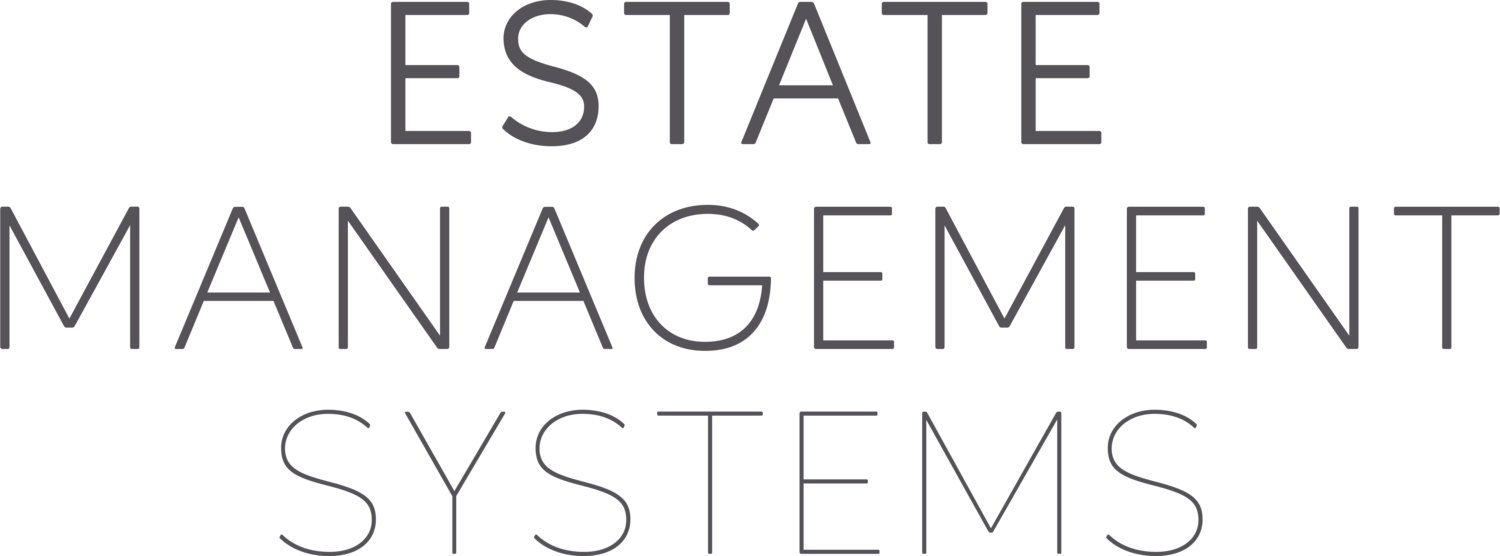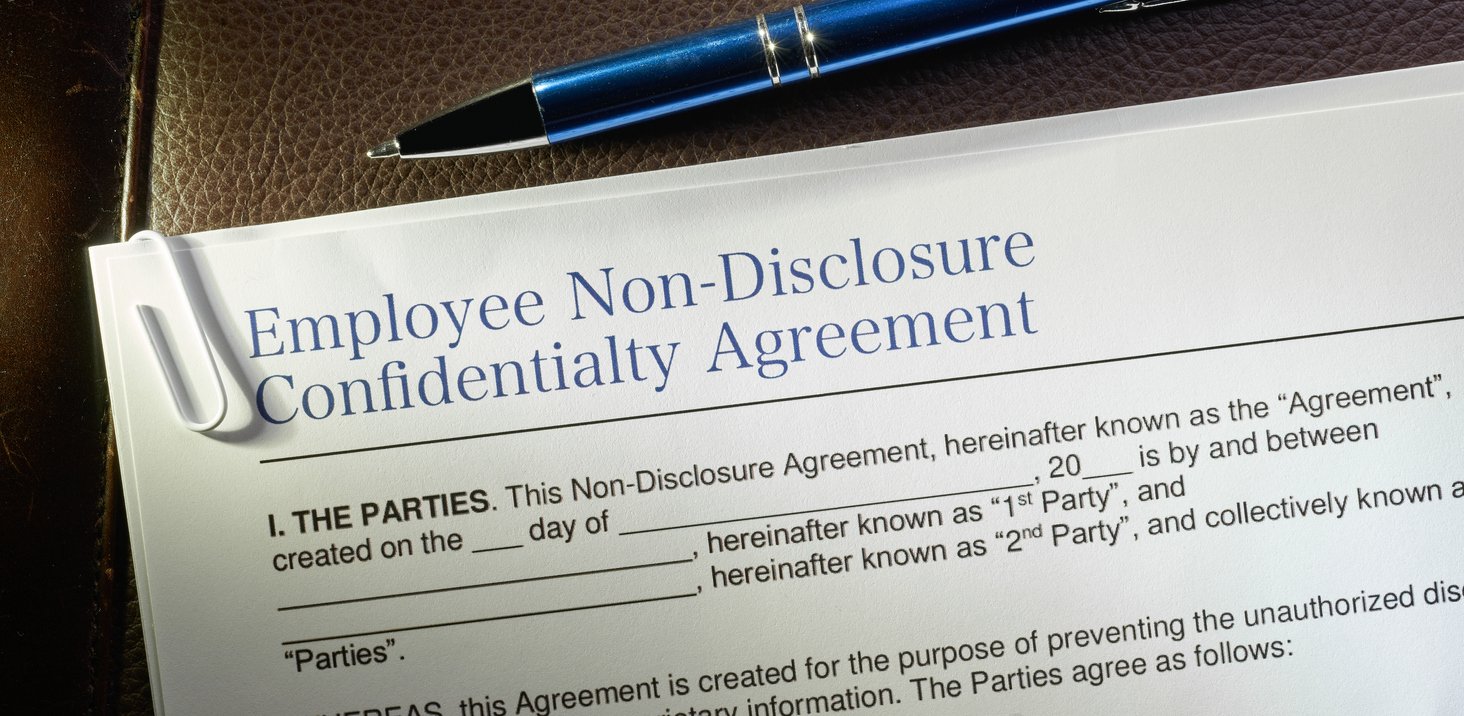Nondisclosure Agreements: What Domestic Staff Need to Know
We’ve all been in this situation…
You’ve spent months searching for the right position. After countless hours of resume revisions, cover letter drafts, emails, and phone interviews, you finally get an invitation to interview face-to-face. Before even going for the interview, you are required to sign an NDA. You have two options: Sign the NDA without completely understanding it or hire an attorney to review it.
It's a no-brainer. You sign.
We all know that calling an attorney is the recommended “best practice” advice before signing these documents. However, in private service, this is not always sound advice.
Let me explain.
Disclaimer:
This is friendly industry advice from a professional colleague. These words are my own and should not be considered legal advice. Please hire an attorney if you need one.
Typically, private service professionals are required to sign NDAs before entering into any discussion specific to a homeowner – and many are required to sign before their first interview (I’m guessing that most PSP veterans would not be able to calculate the number of NDAs they’ve signed over the course of their career).
Although this privacy agreement is a reasonable request, let’s take a moment to look at the actual cost of this best business practice.
Legal advice comes at a hefty cost.
Having an attorney review an NDA – pre-interview – is impractical time-wise.
Edits are often rejected and classify the candidate as “not the right fit.”
You’ll likely lose the job opportunity, and then you’re back on your computer, looking for the next perfect fit. The only person who comes out ahead in this situation is the attorney who got paid for their time.
Signing an NDA is a reasonable expectation
Families open their homes to strangers and pay them to learn almost everything about their assets, family, and personal lives. It’s a massive leap of faith to take with anyone. So, a non-disclosure agreement is necessary before sharing any detailed personal information.
What can we do as private service professionals to abide by and clarify the details of these documents when your recruiter gives you the “just sign it, we’ll deal with the details later” look?
There’s no standard NDA; every agreement should be considered a unique contractual document, and every word should be understood before signing.
While some domestic staff work under very open NDA agreements, others are bound by extreme privacy clauses outlining more far-reaching control and restraint.
Whether these are overreaching “legal interpretations” or explicit clauses, these details need to be accepted and understood by all parties.
Before you sign, here’s some friendly advice:
Accept that these contracts are one-sided. Some of these documents are deliberately vague. The client does this to maintain power and they have the money to push their point – whether valid or not.
Do some research. Search online platforms about terms and language you don’t understand.
Ask questions. If there is something you are uncertain about, ask your recruiter or employer for clarification. It should be a major red flag if they can’t or won’t explain the details.
Walk away if you don’t feel comfortable with the answers you are given.
The bottom line
Signing an NDA is intimidating, and the uncertainty of what you’re actually signing can cause anxiety. Unfortunately, this is a standard industry expectation and one you must accept if you want to work in this industry.
Every principal deserves this right to privacy and to protect their family, and every employee deserves the right to have peace of mind with their contractual terms. They should also feel secure about promoting themselves for new job opportunities by highlighting their past experiences with a clear understanding of what’s acceptable to say without crossing the line.
Ultimately, the overall intent of this document should create healthy and respectful relationship boundaries where everyone feels confident, protected, and secure. In this industry, it serves no one to break this legal and ethical agreement.
Whether you’ve just stepped into a new role, or you’ve been there a while, let us help you create an online system to manage absolutely everything related to private service.
The How To Manage A Mansion™ System has 11 Modules that suit your particular needs for an online management system.
Find out more here:



